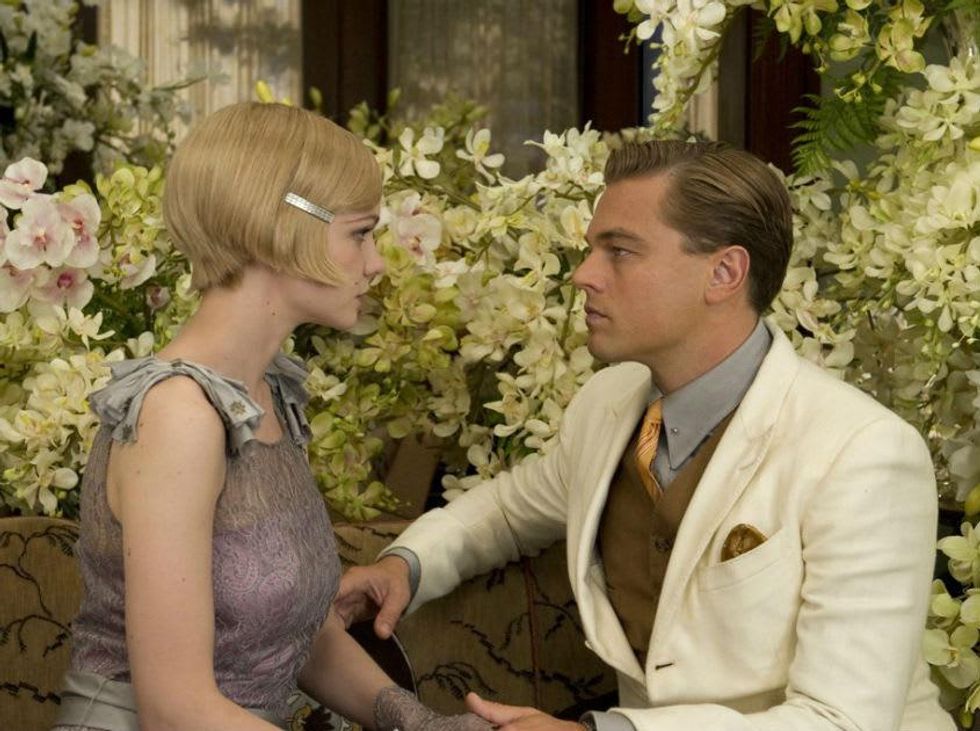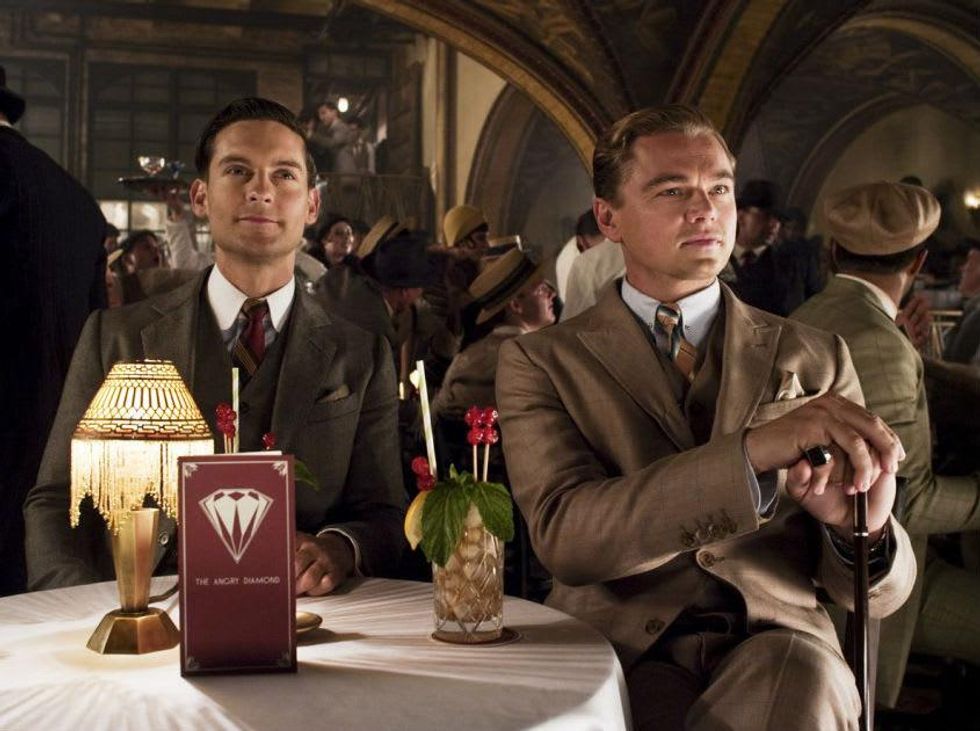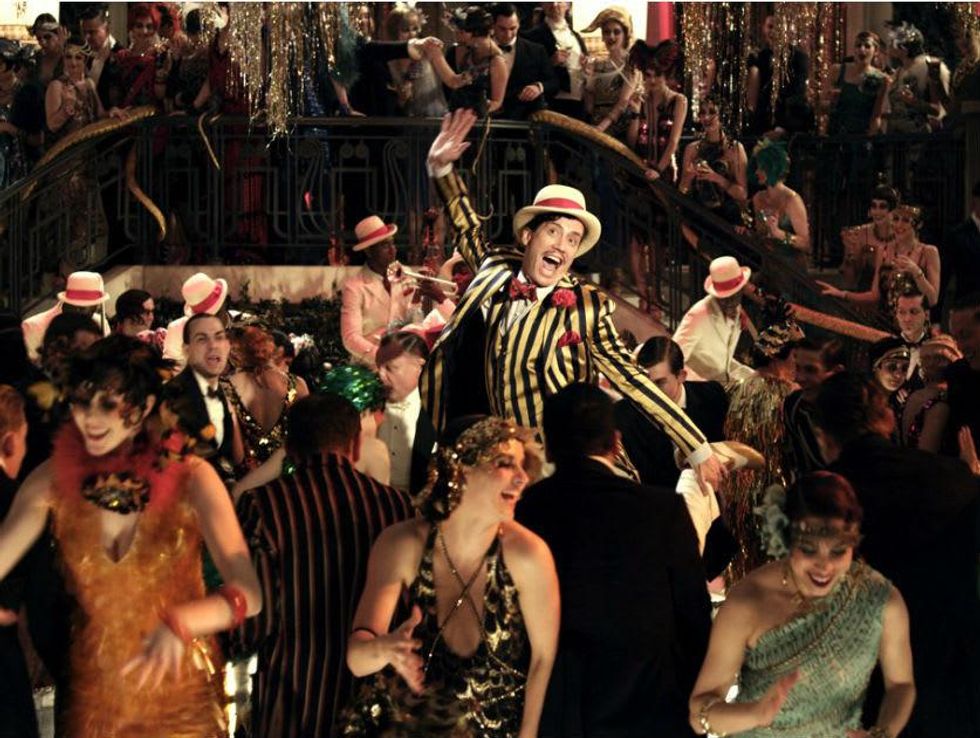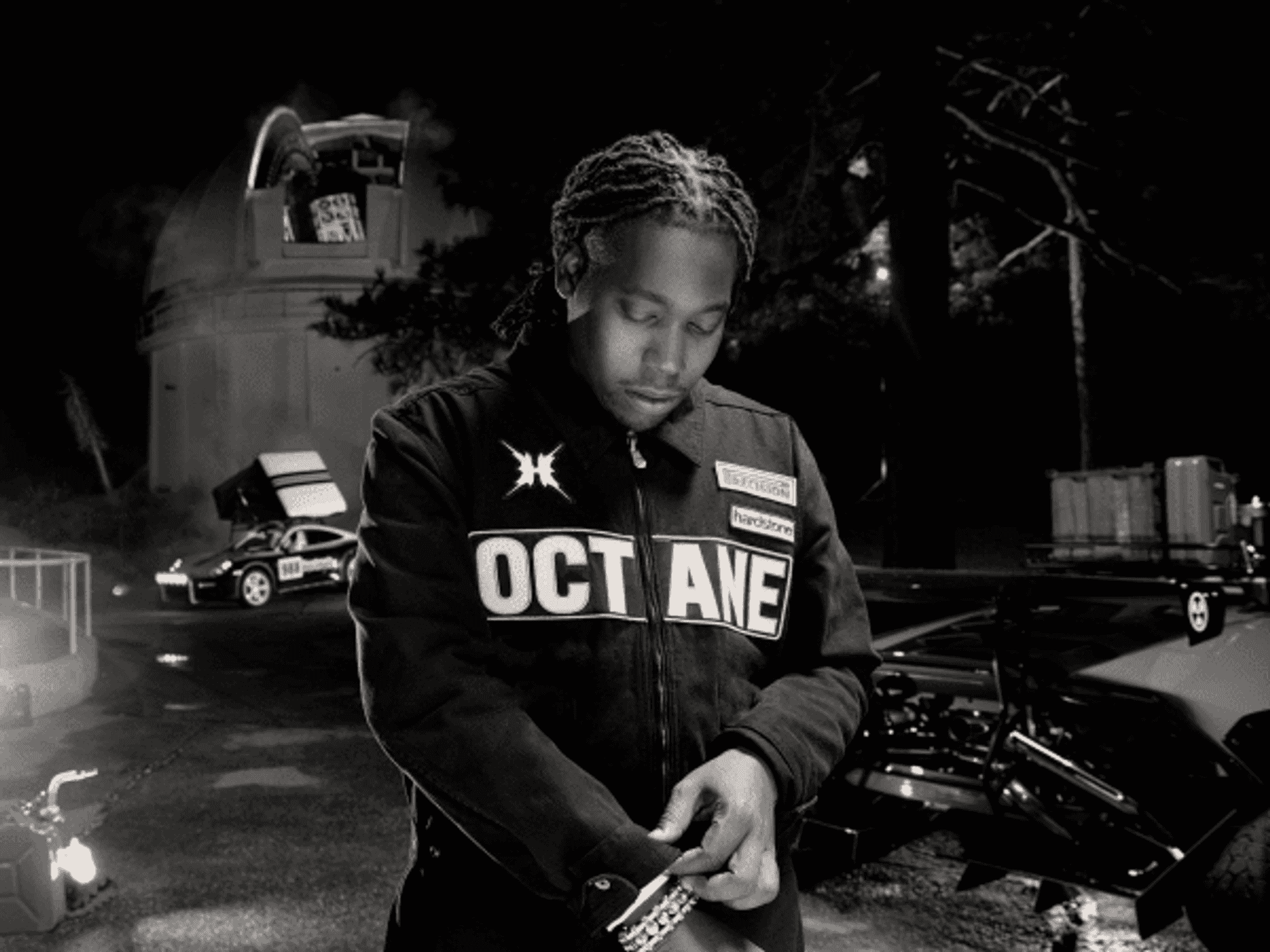The Boring Twenties
The Great Gatsby movie turns classic novel into butt-numbing slog
Baz Luhrmann is a director whose imagination has made his reputation. The flights of fancy in his first three films — Strictly Ballroom, Romeo + Juliet and especially Moulin Rouge! — announced him as an audacious filmmaker who could make films that were over-the-top yet relatable.
That creativity was all but absent from 2008’s Australia, but Luhrmann had enough in the credibility bank to ensure his adaptation of The Great Gatsby would be highly anticipated. His take on how struggling stockbroker/writer Nick Carraway (Tobey Maguire) finds himself swept up into the life of the mysterious and ultra-wealthy Jay Gatsby (Leonardo DiCaprio) was sure to breathe cinematic life into the Roaring Twenties.
The result, however, is unimaginably dull. Luhrmann takes one of the great novels of all time and turns it into a butt-numbing slog that seems to go wrong at every turn. In his hands, Carraway and Gatsby’s dealings with Gatsby’s long-lost love Daisy (Carey Mulligan), her husband Tom (Joel Edgerton) and various hangers-on are uninteresting right from the start. And they never improve.
After more than two-and-a-half hours, the culmination of The Great Gatsby comes more as a relief than anything else.
Even Gatsby's legendary house parties lack energy. Carraway describes them as an inhibition-free zone where anything goes, but Luhrmann's staging of the scenes never makes the audience a part of the revelry. Instead, we're merely flies on the wall, jealous of the fun that everybody else seems to be having.
When adapting a novel, you can either feel emboldened by the challenge or imprisoned by it, and Luhrmann must have been afflicted by the latter. Instead of creating a living, breathing work of art, Luhrmann bows down to the novel at every turn. In doing so, he makes the story feel every bit as dated as it is, never making it his own.
Even the insertion of potentially genius elements ends up misfiring, including his use of 3D. Luhrmann appears more interested in the technical wizardry of 3D than in just letting it enhance the storytelling. He employs zooms and swoops liberally, trying to wow the audience with camera trickery rather than selling us on the merits — or lack thereof — of the film’s various relationships.
It's unclear what to make of the much-hyped inclusion of Jay-Z, Beyonce and other modern artists and songs on the soundtrack. The songs aren’t used enough to integrate them fully into the fabric of the film, and when they do crop up, they just seem apropos of nothing. The soundtrack may be a great listen outside of the film, but it adds nothing to the experience of watching it.
DiCaprio is fine as Gatsby, but the magnetism that made him a star is lacking here. Part of that is the character of Gatsby, who has a real lack of self-confidence despite appearances. But DiCaprio never fully commits to playing Gatsby, making him one-note more often than not.
Two key characters are vastly miscast. Maguire never makes Carraway believable; in fact, Carraway might as well be an off-screen omniscient narrator for all the impact Maguire has on the film. Likewise, Mulligan just doesn’t have enough presence to fulfill the requirements of Daisy’s part of the story. Gatsby’s obsession with her is the crux of the plot, but it never hits home with Mulligan in the role.
After more than two-and-a-half hours, the culmination of The Great Gatsby comes more as a relief than anything else. If Luhrmann was aiming for some grand point with this adaptation, it becomes lost amid the sound of Jay-Z and fury of 3D, all of it signifying nothing.




